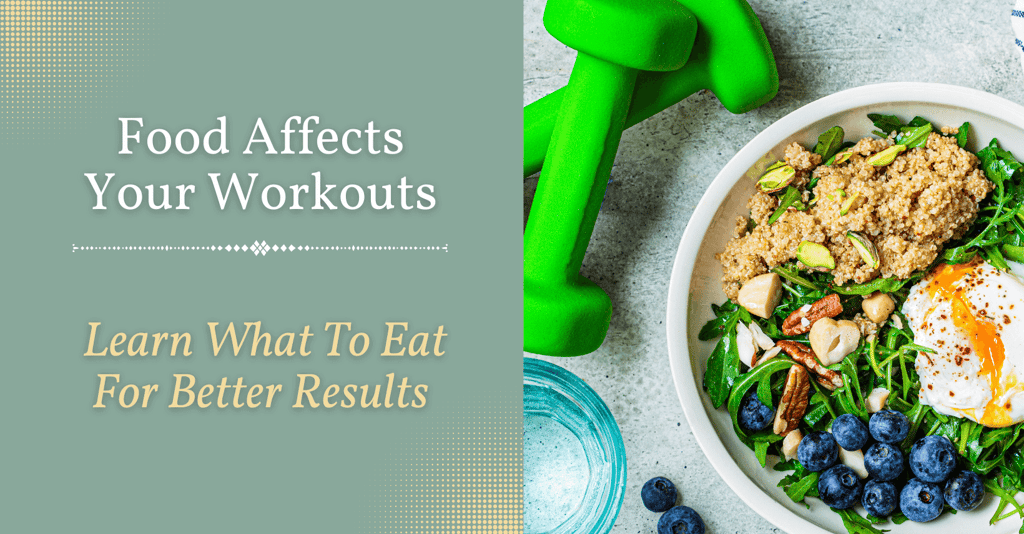Add your promotional text...
Food Affects Your Workouts. Learn What To Eat For Better Results.
9/28/20233 min read


Are you on a fitness journey but feel confused about what to eat every day? You're not alone. Many people share your struggle when aiming for a healthier lifestyle. While exercise is crucial for your progress, it's also vital to understand that your food choices are equally, if not more, important. Let's simplify nutrition to help you succeed on this journey.
Understanding the Importance of Nutrition
You've probably heard the saying, "You are what you eat." It's not just a catchy phrase; it holds a profound truth. The foods you consume provide your body with the necessary nutrients, energy, and building blocks for optimal performance. Whether you're aiming to lose weight, gain muscle, or simply improve your overall well-being, the right nutrition is key.
The Challenge of Figuring Out What to Eat
One of the biggest roadblocks on your fitness journey might be the overwhelming amount of dietary advice and information available. From fad diets to conflicting expert opinions, it can be difficult to discern the best approach for you. So, how can you navigate this maze?
Start with Real, Whole Foods:
Instead of obsessing over calorie counting or complicated meal plans, begin by focusing on real, whole foods. These are foods that are as close to their natural state as possible, such as fruits, vegetables, lean proteins, whole grains, and healthy fats. Incorporating these foods into your diet provides a solid foundation for your fitness goals.
Listen to Your Body:
Your body has its way of communicating its needs. Pay attention to hunger and fullness cues, and eat when you're genuinely hungry. This practice, known as intuitive eating, can help you develop a healthier relationship with food and prevent overeating.
Balancing Macronutrients:
To ensure a balanced diet, understand the role of macronutrients – carbohydrates, proteins, and fats. Carbohydrates provide energy, proteins repair and build tissues, and fats support various bodily functions. The key is finding the right balance for your specific goals. For example, if you're looking to build muscle, you'll likely need a higher protein intake.
Portion Control:
Even healthy foods can lead to weight gain if consumed in excessive quantities. Learning portion control is essential. Consider using tools like measuring cups and food scales until you develop an intuitive sense of portion sizes.
Plan Ahead:
Meal planning can be a game-changer. It reduces the temptation to make unhealthy food choices when you're hungry and pressed for time. Dedicate a day each week to plan and prepare your meals, so you always have nutritious options readily available.
Seek Guidance:
Don't hesitate to seek guidance from a registered dietitian or nutritionist. They can provide personalized advice tailored to your unique needs, helping you make informed choices on your fitness journey.
Stay Hydrated:
Water is often overlooked, but it's a critical component of good nutrition. Proper hydration supports digestion, metabolism, and overall well-being. Aim to drink enough water throughout the day, and consider incorporating herbal teas or infused water for variety.
Embrace Variety:
Eating a wide variety of foods ensures you get a broad spectrum of nutrients. Challenge yourself to try new fruits, vegetables, and whole grains regularly. Variety not only keeps your taste buds excited but also nourishes your body comprehensively.
If you have any questions or need some assistance, feel free to submit a comment or send us a message here.
Remember, It's a Journey
Lastly, remember that your fitness journey is a marathon, not a sprint. There will be ups and downs, and you may not always make perfect food choices. That's okay. The key is consistency and a commitment to improving over time. With dedication and a balanced approach to nutrition, you'll be well on your way to achieving your fitness goals and becoming a healthier, happier you.
